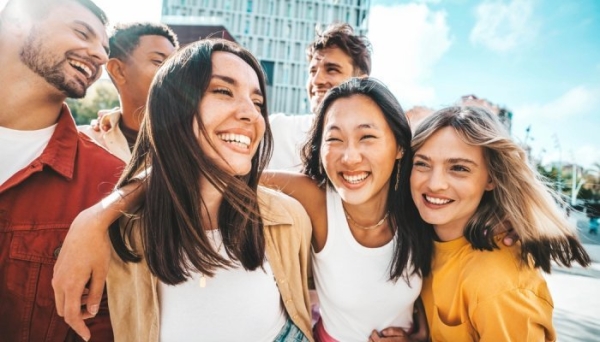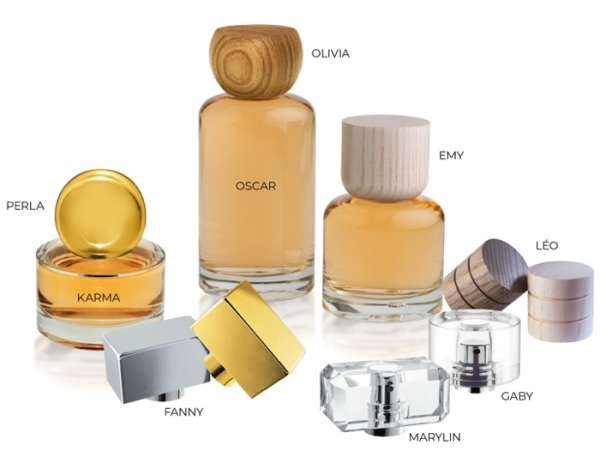
Feeling better about yourself in mind and body is the key to being more confident, more successful, and better equipped to face a world in crisis. More than previous generations, Gen Zers seem to be obsessed with all things relating to well-being, or at least, things that could improve it. Such are the findings of the Future of Wellness report from McKinsey, surveying over 5,000 consumers in China, the UK and the USA. Respondents are generally inclined to take charge of their physical and mental health, and are turning to science-backed solutions to do so.
Appearance and health are top priorities
Contrary to what you might think, it’s not older consumers who are driving the popularity of wellness activities, practices and other solutions, but younger people. The report reveals that Millennials and members of Generation Z spend more than their elders on wellness products and services. Appearance and overall health are among their top priorities, but they are also keen on products and services related to nutrition, fitness, mindfulness and sleep.
Looking specifically at American consumers, it would seem that physical activity acts as a pressure release valve, or at least helps them feel good. More than half of American Gen Zers (56%) see fitness as a “very high priority,” compared to 40% of all American consumers. The youngest generations are also turning to preventive solutions, particularly to slow down the aging process.
“There are a bunch of possible reasons why Gen Z is so interested in health and wellness at such a young age. For one thing, Gen Z has more exposure and access to information about health and wellness at an earlier age than other generations have had …. It’s also possible that the Covid-19 pandemic — which catalyzed a global focus on health and wellness — coincided with Gen Z’s formative years. And to stave off loneliness, Gen Z is looking for friends in so-called third places, which often include gyms or fitness classes,” the report suggests.
Focusing on mental health
According to the data presented by McKinsey, younger people’s attraction to activities and practices dedicated to their physical and mental well-being has already begun to transform offers in certain sectors. This is particularly true in the tourism sector, where establishments are adding wellness centers and gyms, as well as proposing new types of excursions or packages. This has been seen in recent months with new activities such as ’silent walking,’ ’quiet parks’ and sleep tourism.
The emphasis on well-being, and more broadly on mental health, could also have consequences for the relationship between young people and the world of work. A recent survey conducted in several European countries showed that mental health was more important than career success in the eyes of Gen Z women.






